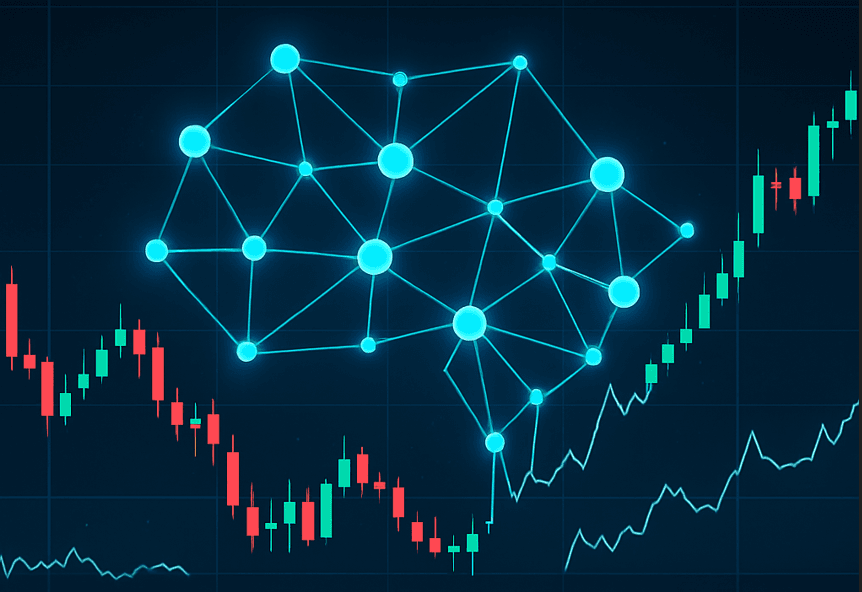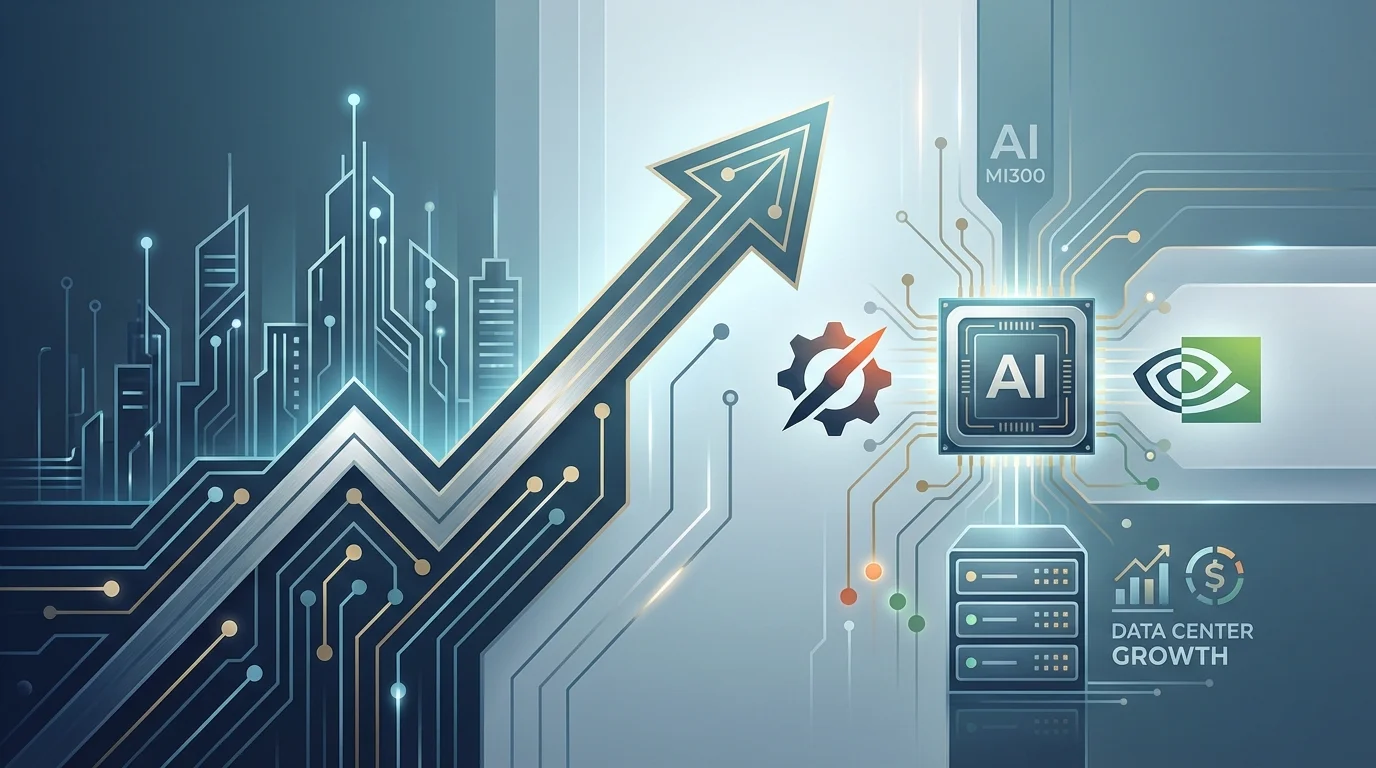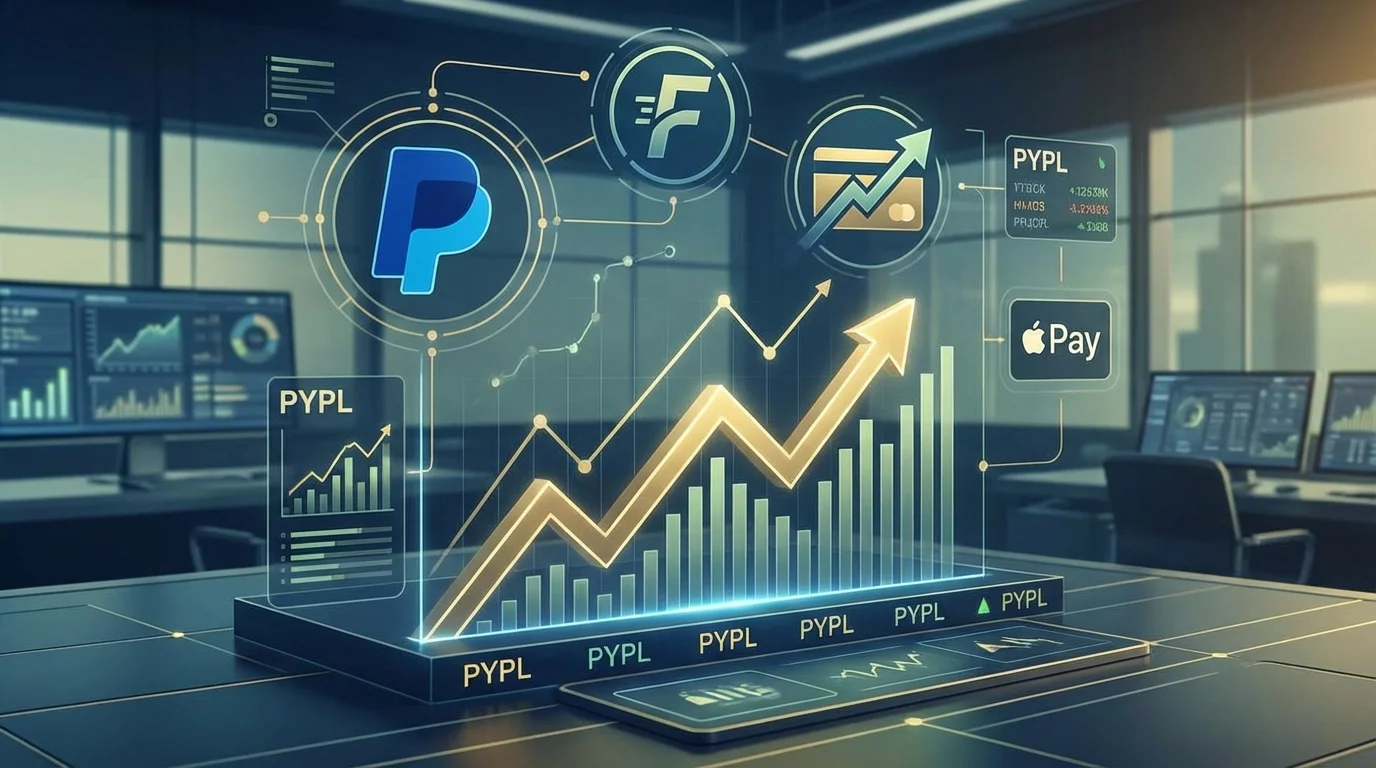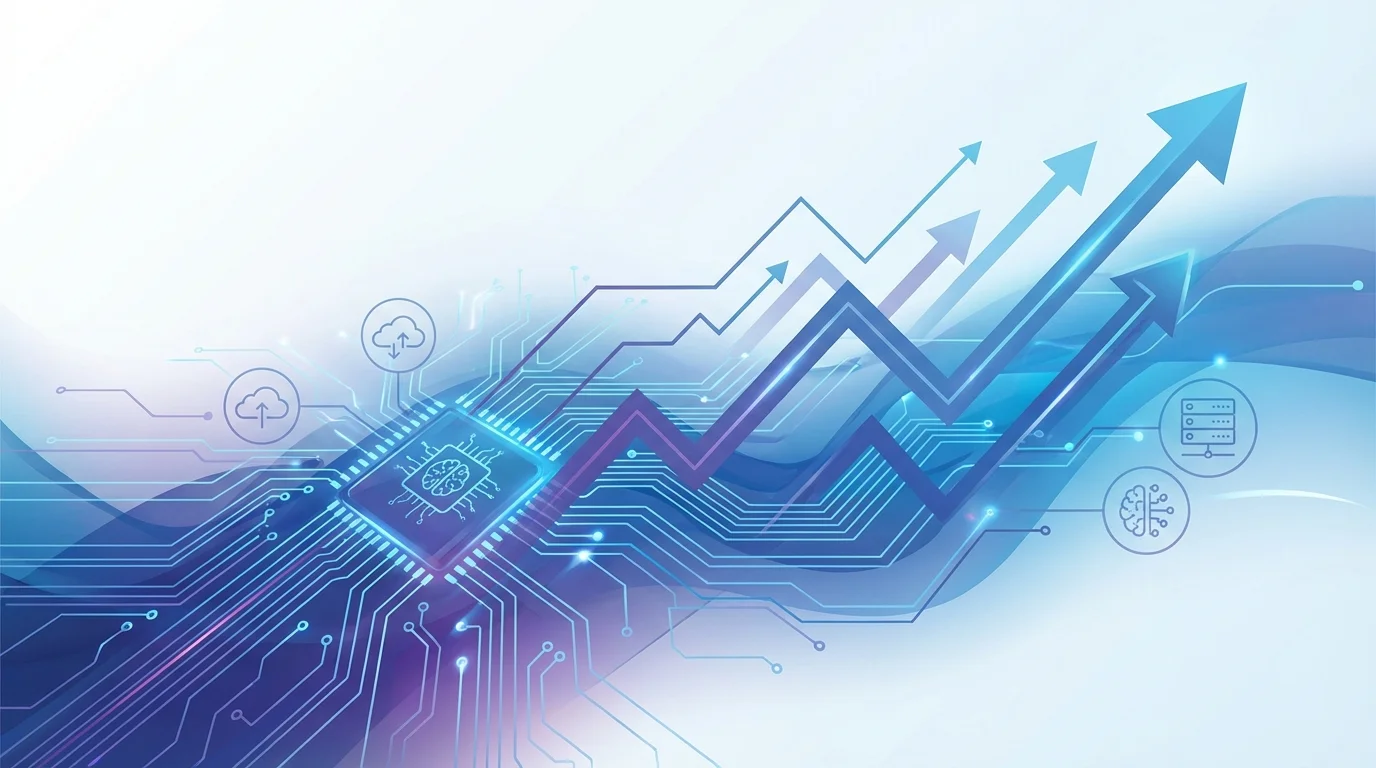Key Takeaways
- Artificial intelligence may process enormous amounts of data, including historical prices and social media sentiment, to predict possible stock price changes.
- Although AI predictions can be amazingly accurate for short-term trends, they are not infallible and have a limited scope given the volatility of the market.
- Intellectia.ai simplifies complex analysis by offering tools like an AI stock picker and screener to guide your decision-making.
- The most productive approach for successful investing is to combine the capabilities of AI with your personal analysis and risk management.
Introduction
Introduction
Have you ever been blindsided by the market? A company's stock price shoots up, and you're left wondering what's going on because the last earnings report was not spectacular at all. Well, I have been a victim of it, myself, more than once. It might make you think the market is an irrational, complex entity driven by some unknown knowledge that you just do not have. The truth is, the market is a complex jigsaw puzzle of countless factors: earnings reports are only part of the picture. A stock price can soar or crash depending on news cycles, geopolitical events, and even the mood of millions of traders.
But what if you could tap into a tool that not only sees all of this but can also analyze it in a fraction of a second? Imagine having a virtual friend who can read thousands of news, social media, and forum messages to check in real-time what the market pulse looks like. This is the strength of AI. Let's break down how AI stock price prediction works, illuminating its remarkable accuracy and critical shortcomings, and, most importantly, how to leverage the power of tools such as Intellectia.AI to provide you with a real, tangible advantage in your investing process.
The Concept of AI Stock Price Prediction
When you think of AI, you may imagine a futuristic robot, but in the financial world, it is more of unrefined logic. The elegance of it lies in the fact that AI is devoid of feelings and prejudices. It is neither greedy nor panicky. It examines the market in a purely analytical way, digesting the vast amounts of data that would take a human being a lifetime to process.
So, how does it do it? The magic is in three fundamental areas: historical data, market trends, and sentiment analysis. AI algorithms are trained with decades of data, including daily price movements, trading volumes, significant company news, macroeconomic indicators, and more. It knows how the market has responded to similar cases in the past and can therefore develop a predictive model. And that is only the start. Its true superpower is its capability to comprehend the qualitative aspect of the market. AI can literally read thousands of news articles, social media posts, and forum discussions in real-time with the help of something known as Natural Language Processing (NLP). It can detect the emotional tone and sentiment behind the text. Think about it: a single, viral tweet can move a stock more than a quarterly earnings report. By examining such sentiment, the AI can determine whether the market is bullish or bearish on a given stock, providing insight that goes beyond mere numbers. It's the difference between observing what took place and the ability to interpret why it took place.
How AI Predicts Stock Prices
So, you're probably wondering, "Okay, but how does this AI thing actually do that?" Think of AI as a student with tireless photographic memory. It employs a method known as machine learning to train itself on a massive amount of historical data. In other words, you provide it with millions of market scenarios, such as a company's earnings reports and its past stock prices, as well as overall macroeconomic indicators, and it begins to recognize trends. The logic is no different from training a computer to identify a cat; you feed it thousands of images of cats, and eventually, it learns to identify the characteristics that make a cat a cat. The AI does this with the market, finding correlations and trends that would be invisible to the human eye.
But it becomes even more sophisticated. Neural networks, a type of deep learning that's modeled after the way the human brain works, are some of the strongest models of AI. These networks have several layers that assist them in making incredibly complex and nuanced connections. This enables them to transcend the mere cause and effect to discover more subtle connections in the data. There is also Natural Language Processing (NLP). This, as we already discussed, is the solution to all that unstructured text data that overwhelms the market daily. The AI not only reads news articles, feeds on social media, and reports on finances to understand the context, but it also does that to grasp the underlying emotions behind the words. Does the general sentiment regarding a stock sound good or bad? This emotional analysis is an integral part of the puzzle, as it provides the AI with a complete picture of the market that a traditional analysis cannot possibly offer.
Accuracy and Limitations of AI Predictions
AI excels at predicting short-term trends and identifying opportunities by analyzing past trends. It is particularly effective when used to identify high-probability situations in a deterministic environment. The catch is that the stock market can be anything but predictable. Something like a sudden geopolitical event, a major scandal in a company, or even a sudden policy change may throw all the data models out the window. This is why, even though AI can provide you with a substantial advantage, you must never take the predictions it makes as a guarantee. You must integrate this knowledge with your judgment and risk management. The other big thing to remember is the old saying, "garbage in, garbage out." The quality of the data that the AI is trained on is very crucial. If the data is faulty, incomplete, or skewed, the predictions will be defective as well. Therefore, a great AI model is only as good as the information it's given.
Tools for AI Stock Price Prediction
Here is where all that cutting-edge technology comes alive. You don't have to be a wizard at coding to start. Some platforms are specifically designed to deliver sophisticated analysis to the average investor. This is where Intellectia.AI truly excels. It takes all the tricky stuff we just discussed — the machine learning, the NLP, the neural networks — and puts it into a friendly user interface. Their AI Screener is a perfect example of their incredible tools. Rather than wasting hours combing through thousands of stocks, you can just ask the AI what you need, and it will dig out the heavy work in a few minutes. It allows filtering by criteria, and the AI will go through all the applicable data to determine which stocks best match your particular investment strategy. It is not just about providing insights to help you make smart, data-driven decisions; it's also about eliminating the frustration and effort of doing it all manually.
Can AI Truly Predict Stock Prices?
So, after all that, we need to get to the heart of the matter: can AI truly predict stock prices? The short answer is yes, but with a giant asterisk. As you know, an AI can predict stock prices with a reasonable degree of accuracy, but it's essential to understand the implications. It's not about predicting a specific number of points a stock will reach on a particular date, but instead providing a high-probability forecast. The AI processes enormous amounts of data and reveals patterns that indicate that a stock is about to make a particular move. It’s like a meteorologist forecasting the weather; he cannot say what minute of the day it will start raining, but he can say that there is a 90 percent chance of showers. That's a huge advantage, right?
But here is the asterisk: predictions are not foolproof. The market is unpredictable. Black swans, or unforeseen events, can and do occur, and can wrench even the most sophisticated models. It's important to remember AI is not a guaranteed forecaster, but just a tool. Intellectia.ai gives you a massive advantage because it provides you with the right tools you need to improve your investment decisions. But the most effective approach will always be collaboration. Combining AI predictions with your own human analysis, risk management, and a healthy dose of common sense is what will lead to better reliability and more successful outcomes.
Conclusion
The bottom line is that AI is not here to take your place as an investor; it's here to make you stronger. The market has always been about information and analysis, and AI simply takes that to a whole new, mind-blowing level. With a tool such as Intellectia.AI, you can finally leave the guesswork and emotional trading behind, and make decisions on a level of data analysis that was previously only available to Wall Street professionals with deep pockets.
Here's my final thought for you: while AI can't see the future, it can definitely give you the insights you need to invest smarter and more confidently. It's a strong co-pilot in your financial life. Ready to see what AI tech can do to your portfolio? Register now with Intellectia.AI and begin receiving daily AI-powered stock selection, trading signals, and market insights directly to your inbox.





